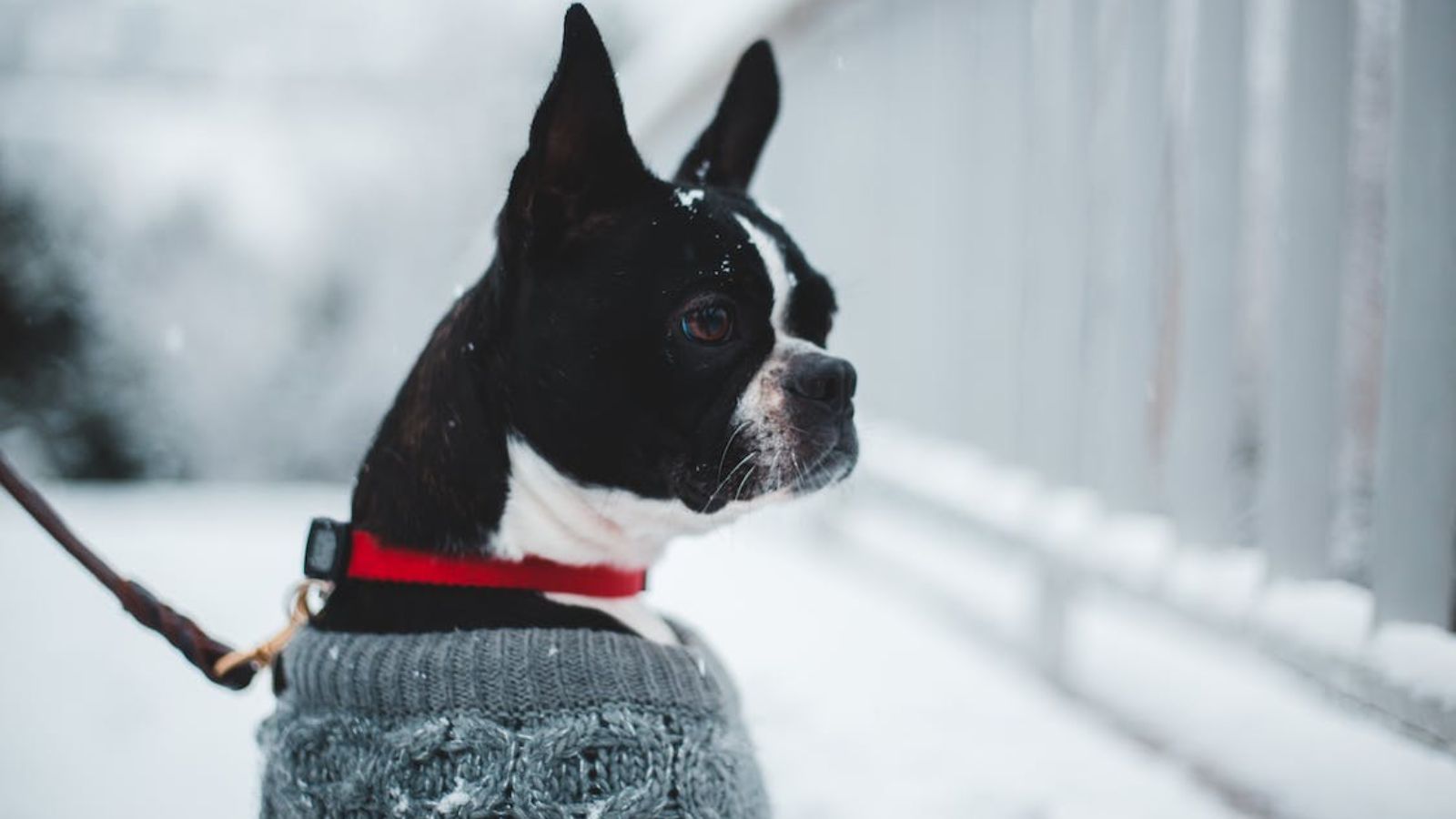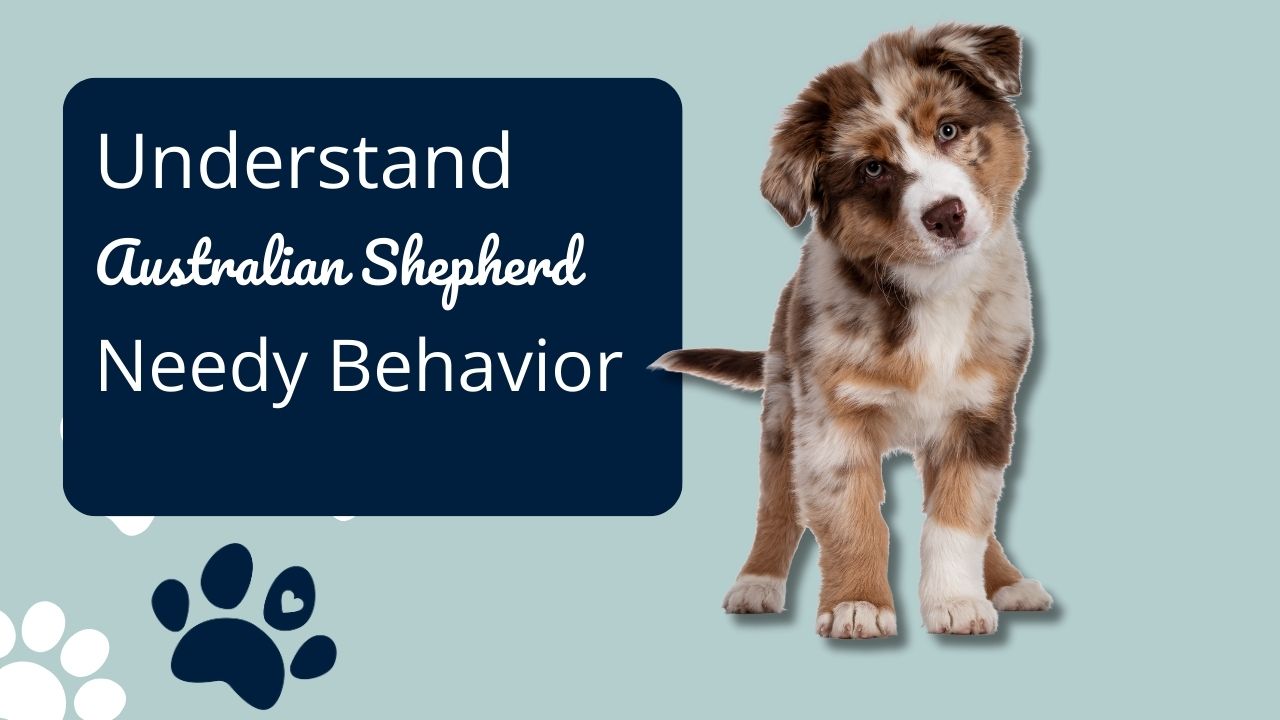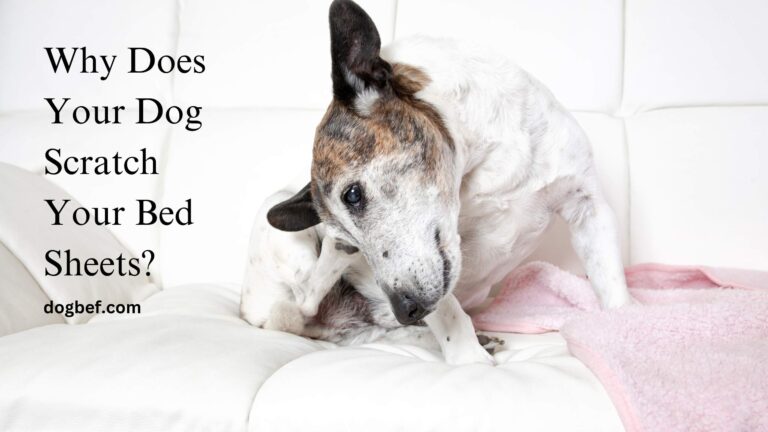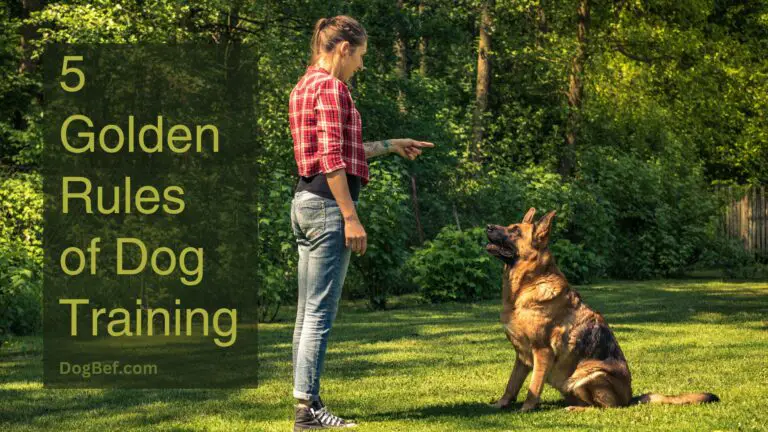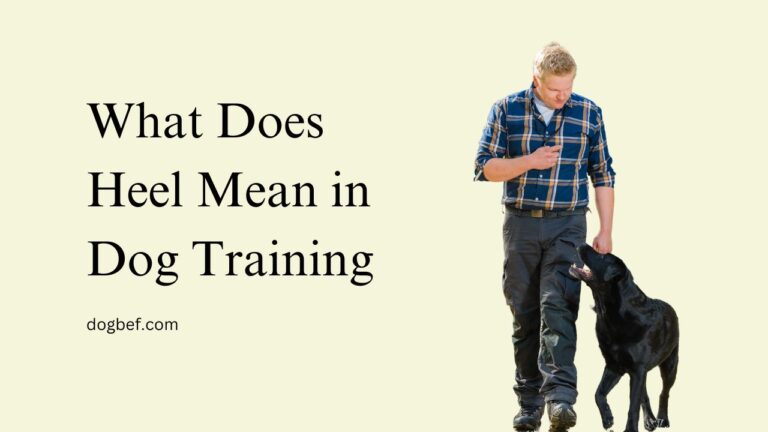House soiling, particularly indoor urination or starting peeing in the house, can be a frustrating and challenging issue for Boston Terrier owners. These intelligent and affectionate companions may struggle with proper housetraining, leading to accidents and indoor urination inside the home. Understanding the various factors contributing to Boston terrier peeing in house behavior is crucial for addressing the problem effectively.
Potential Causes of Indoor Urination, House Soiling, peeing in the house
Incomplete house training, underlying medical issues like UTIs or incontinence, behavioral factors such as anxiety or excitement, and instinctive marking behaviors can all contribute to indoor urination accidents.
Incomplete House Training or Training Lapses
Like all dogs, Boston Terriers require consistent and patient house training to learn appropriate elimination behaviors. Inadequate training or lapses in reinforcing these behaviors can lead to confusion and peeing in house or indoor accidents. Inconsistent schedules, lack of supervision, or changes in routine can disrupt the training process, resulting in setbacks and house soiling.
Underlying Medical Conditions
Certain health issues can cause increased urination frequency or urgency, leading to peeing in the house or indoor accidents. Urinary tract infections (UTIs), kidney disease, diabetes, and other conditions affecting the urinary or digestive systems can contribute to house soiling. Additionally, age-related health problems in senior Boston Terriers may impact their ability to control their bladder or bowels, resulting in indoor urination inside the home.
Behavioral Issues
Fear, anxiety, or frustration can trigger peeing in house or house soiling in Boston Terriers. Environmental changes, such as a new home, the introduction of a new family member, or changes in routine, can cause stress and anxiety, leading to indoor accidents as a coping mechanism. Additionally, excitement or overstimulation during greetings or social interactions may result in submissive or excitement-related indoor urination.
Communication or Marking Behavior
In some cases, peeing in house may be a form of communication or marking behavior, especially in intact (non-neutered/non-spayed) dogs. Territorial marking is a natural behavior used to establish boundaries and claim territory. Stressful social interactions within the household, such as the presence of other pets or changes in family dynamics, can also trigger marking behavior and lead to indoor urination accidents.
Boston Terrier Peeing Management and Training Strategies

Establishing a consistent routine, using positive reinforcement for desired behavior, closely supervising for potty signals, crate training, thoroughly cleaning accidents, and maintaining patience are key training strategies. Check out a list of Dog Beds for Boston Terriers.
Establishing a Consistent Routine
Implementing a consistent routine for meals, walks, and scheduled potty breaks can help Boston Terriers understand when and where to eliminate. This predictability reinforces desired behaviors and reduces the likelihood of accidents.
Positive Reinforcement
Rewarding your Boston Terrier with treats, praise, or playtime immediately after they are eliminated in the appropriate area can reinforce the desired behavior. Positive reinforcement techniques are more effective than punishment, which can create fear or anxiety and exacerbate the problem.
Supervision and Vigilance
Keeping a close eye on your Boston Terrier indoors and monitoring for signs that they need to eliminate (e.g., circling, sniffing, or restlessness) is crucial. When these signs are observed, promptly take them outside to the designated potty area.
Crate Training
Crate training can be an effective management tool when supervision is not possible. Dogs generally avoid soiling their sleeping area, making crates a safe and appropriate confinement space when necessary.
Proper Cleaning and Odor Elimination from peeing
Thoroughly cleaning and removing any urine odor from accident sites is essential. Enzymatic cleaners specifically designed for pet stains can help break down and eliminate odors, preventing your Boston Terrier from being drawn back to the same spot for future elimination.
Consistency and Patience
House training requires consistency and patience from owners. Avoid punishing your Boston Terrier for accidents, as this can create fear or anxiety, exacerbating the problem. Instead, remain calm and focus on reinforcing positive behaviors. Learn to Calm Down your Boston Terriers.
Seeking Veterinary Guidance
If house soiling persists despite consistent training efforts, consulting with a veterinarian is essential. Your vet can rule out any underlying medical conditions contributing to the problem and provide appropriate treatment options.
Behavioral Considerations
Be aware of submissive or excitement-related urination during greetings. For senior dogs, cognitive dysfunction may impact housetraining and require extra support and patience.

Submissive and Excitement-Related Urination
Some Boston Terriers may exhibit urination behaviors during greetings or social interactions due to excitement or submissive tendencies. Managing these situations calmly and providing structured interactions can help reduce anxiety or excitement levels and prevent accidents.
Canine Cognitive Dysfunction
In senior Boston Terriers, age-related cognitive changes may contribute to house soiling. As dogs age, they may experience difficulty recognizing the need to eliminate or forget their training. Providing supportive care, such as more frequent potty breaks and patience, can help manage this issue. Consulting with a veterinarian is also recommended to explore appropriate treatment options for cognitive dysfunction. Explore here the Growth Stages of Boston terriers
Conclusion
Addressing house soiling and peeing in the house by Boston Terriers requires a comprehensive approach that considers both medical and behavioral factors. Owners can effectively prevent and manage indoor urination accidents by implementing proper training techniques like positive reinforcement, establishing consistent routines, and utilizing management strategies such as crate training and vigilant supervision. Seeking veterinary guidance is also crucial, especially when house soiling persists despite consistent training efforts, as it can help rule out underlying medical conditions contributing to the problem. With patience, consistency, and a deep understanding of the underlying causes behind peeing in the house, Boston Terrier owners can foster a clean and harmonious living environment for both their furry companions and their families.
FAQs
Boston Terriers can be easy to potty train with patience and consistency. Their intelligence helps, but they can also be stubborn. Using positive reinforcement and sticking to a routine is important.
It typically takes 4-6 months to fully potty train a Boston Terrier puppy, but some may pick it up sooner. Consistency and diligence are key during the housetraining process.
Boston Terriers only need baths every 4-6 weeks or when visibly dirty. Over-bathing can strip their natural oils. Regular brushing is recommended between baths.
Adult Boston Terriers can typically hold their bladder for 6-8 hours. Puppies will need much more frequent potty breaks until fully housetrained.
Boston Terriers may start peeing in the house due to a variety of reasons, including medical issues, lack of proper housetraining, anxiety or stress, changes in routine or environment, and natural marking behaviors. Medical conditions like urinary tract infections or incontinence can cause increased urgency and accidents. Incomplete training, inconsistent schedules, or anxiety from new situations can also disrupt housetraining.

